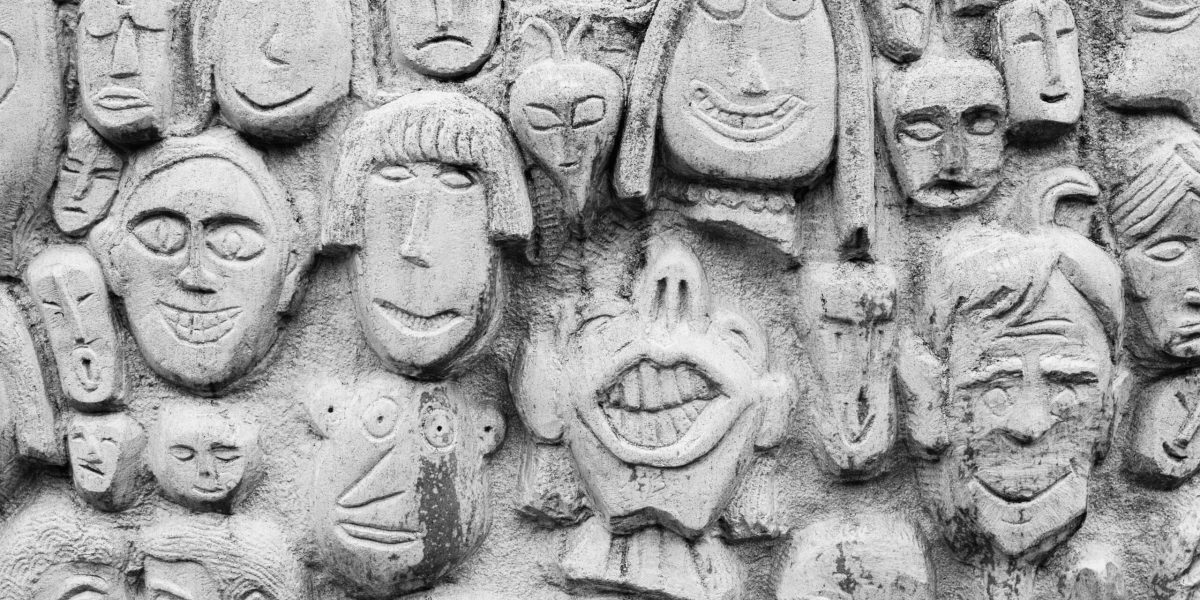The return of character and integrity
If you tap the word ‘Leadership’ into any of the internet search engines you will offered somewhere in the region of 2.5 billion pages of information for your perusal.
By any standards that is a bewildering number of articles to make any sense of. The key question is: what particular information is essential for you and your organisation to ensure future business success?
There is little doubt that the successful 21st century business leader has a lot on his or her plate. The business world has changed beyond all recognition largely due to the technological revolution of the last 20 years.
The internet coupled with globalisation has moved the business model from stable and simple to complex, dynamic, unpredictable and competitive on a scale unimaginable before.
We will look to academics and technologists to give us insights into the future global business model, but ultimately it will be down to the business leaders to ensure their businesses are successful.
There is a lot of discussion in boardrooms about raising the bar, and seeking excellence in all that the company does, all of which is very admirable and possibly essential to stay ahead of the competition, however we need to ask ourselves, who is actually raising the bar? The reality for many is, it is the customer. Today’s customer has a vast amount of information available courtesy of the internet to look for value for money. Some customers will always want the cheapest option as the low-cost airlines are proving. At the other end of the spectrum many customers are demanding absolute excellence.
Sustaining performance in the relentless search for excellence can produce one of the most demanding, exciting, challenging and unforgiving business environments that any leader can face. To further add to the challenge, there is often no finish line, making preparation for success difficult. Obeng (1996) takes this further and contends that the world is now changing faster than we can learn – for the first time we are trying to catch up, not stay ahead.
This business environment has driven out many of the old certainties and requires us to ask constantly, is what we did last time good enough to succeed this time?
There is little doubt that this challenging business environment is going to require a different type of leader. I often ask groups of business people the question, “What do effective leaders do?” and typically the answers are: leaders create strategy; they motivate others to perform; they create a great place to work; they build a culture. I then ask “What should leaders do?”. If the group is from a senior management population, I often hear one response: the leader’s only job is to get results.
This is a leadership dilemma. How do leaders create a great place to be for their people and at the same time achieve results and deliver what their ever more demanding customers want?
How does the leader make the right choices? I spent 20 years in the Royal Navy as a Weapon Engineer and we had a very effective mantra: “Do it, do it right, and do it right now”, but what does “right” mean?
If we look in the dictionary it has several meanings, but of particular interest in the business context: right as an ethical construct, right as opposed to wrong.
It can be argued that right might be best associated with the process of making the choice. The process needs to be inclusive, consultative, reflective and based upon all the available data. Ultimately it may not deliver what was promised but how the choice was made and the intended benefits must be part of the overall assessment of “right”.
There have been some notable recent corporate failures, which clearly give evidence of unethical behaviours in the leadership which ultimately resulted in catastrophic failure because the “right” choices were not made.
One of the principles we espoused when I was at Henley Business School was the belief that character and integrity are as important in a leader as capability. It was reflected in the early decision to study the importance of personal example in leadership. This suggests that there is an ethical context to leadership in organisations.
A body of work at Henley, Higgs (2006), stresses that integrity is one of the five personal characteristics required for leadership success. This is summed up in the term “conscientiousness” as:
‘The ability to display clear commitment to a course of action in the face of challenge and to match ‘words and deeds’ in encouraging others to support the chosen direction.’
‘The personal commitment to pursuing an ethical solution to a difficult business issue or problem.’
There is little doubt that the reputation of an organisation is linked to the character and integrity of the decision-makers. The values they represent help create an identity for the organisation. Integrity requires making choices that take into account what is important to the entire community of stakeholders (i.e. what they value), rather than satisfying the agenda and interests of a minority in power.
At the heart of this proposition is the contention that leaders must put their values into the decisions they make to make the right choices when faced with the dilemmas of business today.
To succeed they will need to, do it, do it right and do it right now.













